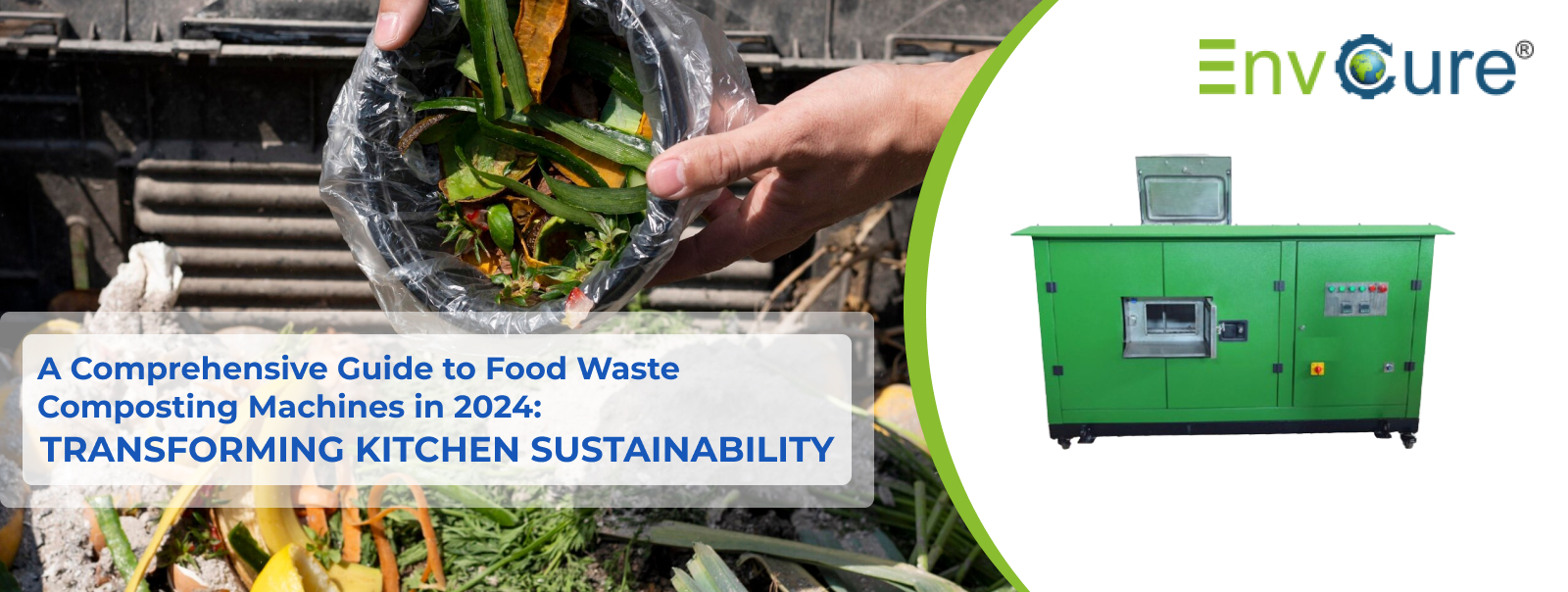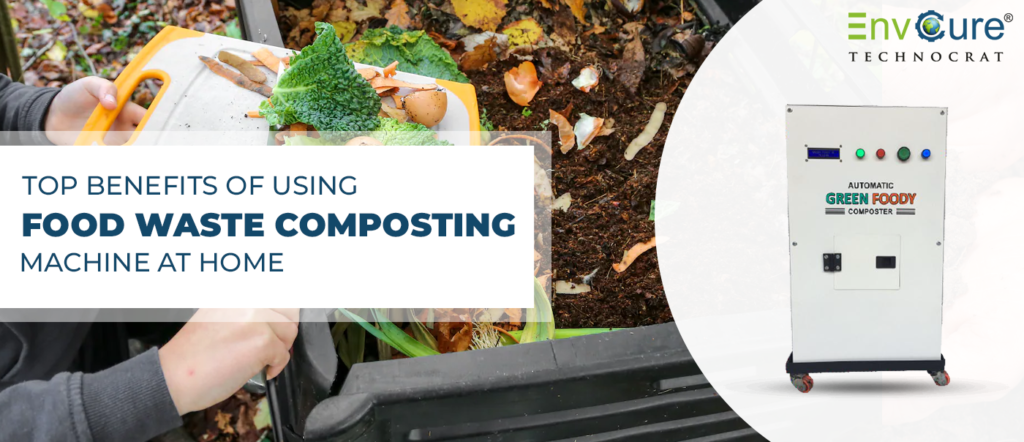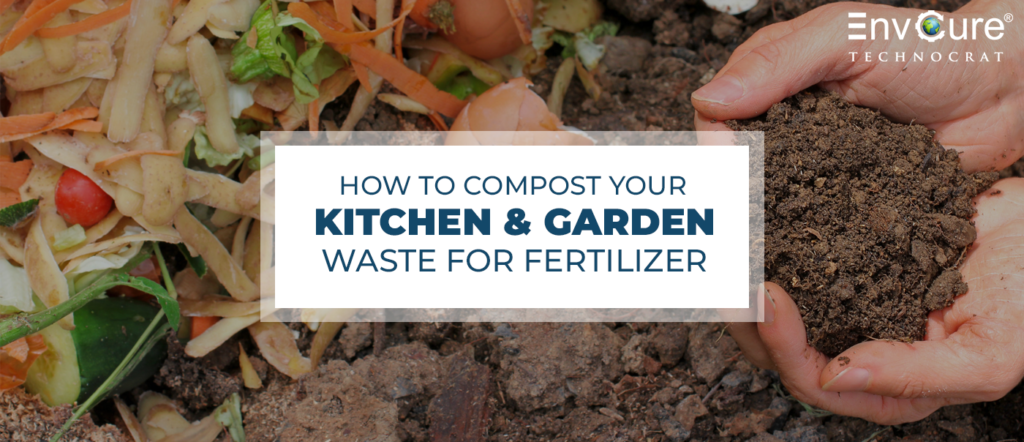In 2024, the food waste composting machine market is experiencing a surge, underscored by an increasing global commitment to sustainability. With a projected market growth from $2.88 billion in 2023 to $3.1 billion in 2024, and further to $3.98 billion by 2028, these machines are becoming pivotal in tackling food waste in kitchens across residential and commercial settings.
Understanding Food Waste Composting Machines
Food waste composting machines represent a crucial development in managing organic refuse by transforming kitchen leftovers into valuable compost. This not only mitigates the impact on landfills but also enriches soil quality, fostering a healthier environment. As urban populations swell and environmental sustainability becomes a pressing concern, the role of these machines in waste management is becoming increasingly vital. Their ability to process organic waste effectively helps in reducing the release of methane, a significant greenhouse gas, and turns everyday waste into a resource.
- How They Work: These devices utilize aerobic digestion, a process where microorganisms break down food waste in the presence of oxygen. This method is highly efficient in decomposing organic materials into stable, nutrient-rich compost. The modern food waste composting machine often comes equipped with features like automatic mixers, ventilation systems, and odor control mechanisms, which enhance the composting process while ensuring it is as unobtrusive as possible.
- Types of Composting Machines: The market offers various types of composting machines, each suited to different needs. Batch composters handle large volumes at once and are ideal for setups that accumulate organic waste in significant amounts before processing. Continuous composters, on the other hand, are designed to receive waste continuously, making them perfect for high-waste environments like large households or commercial establishments. The choice between these systems often depends on the user’s volume of waste and the desired speed of composting.
Key Benefits and Adoption
Adopting a food waste composting machine significantly reduces the volume of waste sent to landfills and the associated emissions of methane, a potent greenhouse gas. By diverting food waste from landfill sites and converting it into compost, these machines play a pivotal role in the fight against climate change. The resulting compost can be used to improve soil health, reducing the need for chemical fertilizers and promoting organic agriculture.
- Economic Benefits Beyond environmental advantages, composting machines offer economic benefits. By processing food waste on-site, businesses and households can lower waste management costs and potentially generate revenue from selling high-quality compost. This is particularly beneficial for establishments like restaurants, hotels, and cafeterias, where large volumes of organic waste are produced daily.
- Social and Regulatory Compliance The increasing emphasis on sustainability has also led to stricter waste management regulations. Composting machines help comply with these regulations by managing waste responsibly. Moreover, they enhance the user’s brand reputation by aligning with the values of environmental responsibility and sustainability, which are increasingly important to consumers.
Technological Integration and Market Expansion
The technological sophistication of food waste composting machines is significantly enhanced with Internet of Things (IoT) capabilities. This allows for remote monitoring and control, which simplifies the composting process for users and increases adaptability across varied residential and commercial environments. The expansion of this market is particularly notable in the Asia Pacific region, where a compound annual growth rate (CAGR) of 9% is projected, driven by heightened environmental awareness and an escalating demand for sustainable solutions (Cognitive Market Research).
Compact and Portable Designs: As living spaces become smaller, particularly in urban settings, the demand for compact and portable composting solutions is increasing. Manufacturers are responding by designing smaller, more efficient models that fit in limited spaces yet provide the same functionality as their larger counterparts. These compact units are perfect for apartment dwellers or small homes, making sustainable practices more accessible to everyone.
Challenges and Solutions
- High Initial Costs and Infrastructure Needs: One of the more daunting challenges facing the adoption of food waste composting machines is the initial investment required. These machines, particularly the advanced and larger models, come with substantial upfront costs. This financial barrier can deter smaller businesses and households from adopting this technology. Additionally, the infrastructure needed to house and maintain these systems can be significant, requiring dedicated space and sometimes specialized installations.
- Strategies to Overcome Financial Barrier: Manufacturers and industry leaders are tackling these obstacles by introducing financing options and scaled-down models that are more economically viable for smaller entities. Government subsidies and incentives are also becoming more common, providing financial assistance to those willing to invest in sustainable waste management solutions. By reducing the economic burden, these strategies help widen the market, allowing more users to participate in sustainable practices (MarkWide Research).
- Lack of Consumer Awareness: Despite the clear benefits, there remains a notable lack of awareness about composting machines and their role in waste management. Many potential users are simply unaware of how these machines work or the long-term benefits they offer, both environmentally and economically.
- Educational Initiatives and Marketing: To combat this, manufacturers and environmental organizations ramp up educational campaigns. These initiatives aim to inform the public and businesses about the benefits of composting and how it fits into broader environmental goals. Additionally, marketing efforts are being enhanced to showcase the practicalities and functionalities of these composters, emphasizing their ease of use and the positive impact on waste reduction.
EnvCure: Pioneering Sustainable Solutions
At EnvCure, we understand the critical role that innovative technologies play in managing environmental challenges effectively. Our approach involves a meticulous blend of research, development, and community engagement to ensure that our solutions not only meet but exceed the expectations of our users and stakeholders. With over 1500 machines installed across five countries, our experience and dedication are evident.
We are committed to continuing our journey toward environmental sustainability by developing products that help reduce landfill use, lower greenhouse gas emissions, and provide economic benefits to our users. The compost produced by our machines enriches soil, promotes healthier plant growth, and supports organic farming initiatives. This holistic approach to environmental health is what sets EnvCure apart in the industry.
Frequently Asked Questions:
Q.1. What are food waste composting machines?
Ans. Food waste composting machines are devices designed to decompose kitchen waste, turning it into nutrient-rich compost that can be used to enrich soil and support sustainable gardening practices.
Q.2. What are the benefits of using a food waste composting machine?
Ans. Benefits include reducing the amount of kitchen waste sent to landfills, lowering your carbon footprint, producing free, high-quality compost for gardening, and promoting a more sustainable lifestyle.
Q.3. How long does it take to produce compost?
Ans. The time required to produce compost varies depending on the machine and the type of waste, but many modern composting machines can turn food waste into compost in as little as a few weeks.








